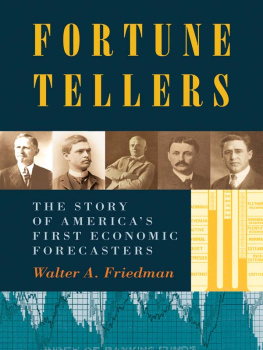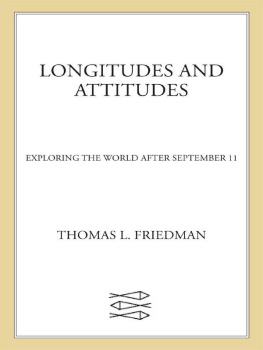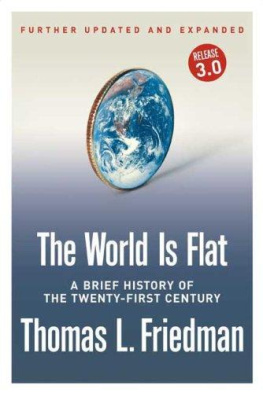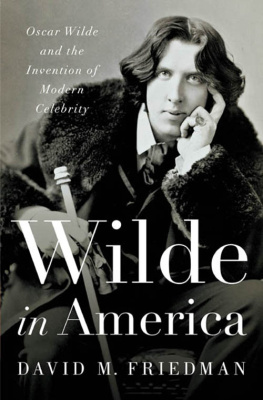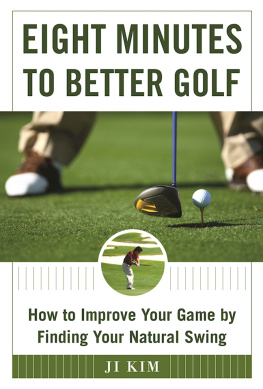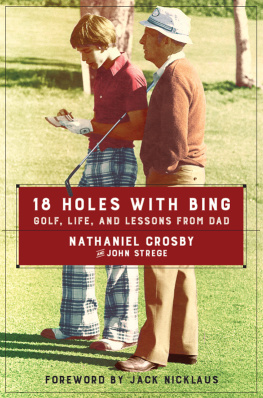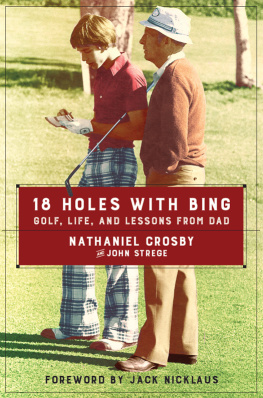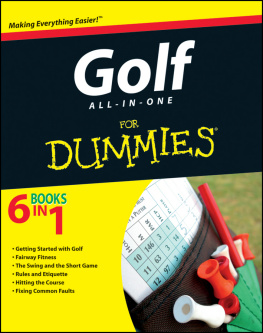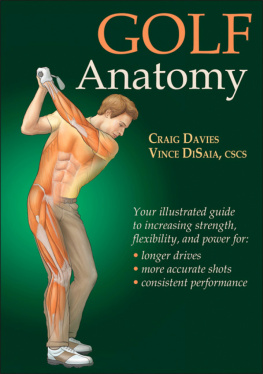
PRAISE FOR Driving Lessons
A story as elegant and unforgettable as the arc of a perfectly hit golf ball on a summer afternoon.
BILL STRICKLAND, AUTHOR OF Ten Points AND EDITOR-AT-LARGE, Bicycling MAGAZINE
Steve Friedman may not be much of a golfer, but hes one heck of a writer. Rarely have the joys and sorrows of the father-son-putter dynamic been so keenly observed.
MARK ADAMS, AUTHOR OF Mr. America
Steve Friedman is one of the best American chroniclers of the intersections between shallow sport and deep feeling, and in Driving Lessons hes at the top of his game. Here its golfa sport beloved by the authors father and despised and resisted by the son for nearly a half-centurythat brings these two very different men, despite tangled ambivalence and resentment on both sides, to appreciate each other. A frank, poignant, blessedly unsentimental little book about the way sport can serve, for a father and son divided by a common history, as a shared language.
MICHAEL GRIFFITH, AUTHOR OF Spikes
Arent we all, in some respects, trying to play the games of our parents? In Driving Lessons, Steve Friedman offers an unusually frank, often hilarious, and ultimately inspiring account of one sons attempt to unlock the mysteries of his family and of his own heart. Told with wit, intelligence, and honesty, this story explores the sweet, awkward space that exists between parents and their grown-up children.
SARA CORBETT, AUTHOR OF Venus to the Hoop

F OR MY FATHER

Table of Contents
Introduction
By James Dodson
L ET me try to explain why Steve Friedmans lovely memoir Driving Lessons resonates so powerfully for me.
Back in the mid-70s, during my senior year in college, I went home on several weekends to play a series of friendly father-son golf matches against my dads friend Robert and Roberts grown son Rick.
On paper it seemed like a pretty appealing idea. After all, the two dads were good friends who had been playing together for more than a decade, and both sons were single-digit handicappers, though at that time I was hitting far more books than fairways.
Theres just one thing, my father pointed out before the first match. Rick can be pretty intense, and his daddy never stops coaching him. I think Robert hoped Rick might be good enough to turn pro someday, but it never worked out. He added that Rick was good enough to play for a top Southern college but now worked for his old man, which sometimes explained the palpable tension between the two.
Juniors a scratch player but he has a tendency to lose his cool. You just stay loose and well just be ourselves and find a way to handle them. Itll be fun. Ill buy the beer afterwards.
Truth be told, I came to dread these father-son team encounters. For one thing, the matches turned out to be short on fraternal bonhomie and long on repressed male anger and frustration, a walking seminar on youthful angst and paternal disappointment.
As Id been warned, Robert never stopped giving Rick sharply worded advice on his swing path or his weight shift or his flying elbow or whatever, while the son brooded and lashed even harder at the ball, pounding it 300 yards down the seam, other times sending it to oblivion across adjoining fairways. More than once, at a key moment where he needed to pull off a good shot, Rick failed to do so and actually threw his club down in disgust.
In a perverse sort of way, this made the matches more satisfying for me than they might have been, for Robert and Ricks psychological dynamic was exactly the opposite of what existed between me and my old man. As usual, my dad and I walked along talking about everything from Nixons foreign policy initiatives to the accursed growth of Day-Glo orange golf balls. (In these instances, my dad was enthusiastically pro, while I was stridently con.) As usual, we had a grand old time needling each other about these subjects and a million other things that made our golf sorties such a blast.
Somehow through it all, though I was something of a reformed club-thrower and competitive hothead myself, we almost always managed to find a way to beat Rick and his father by the slimmest of margins, which of course doubled their misery.
You know, Rick said to me after losing the third and final match to us, you wouldnt be a half bad player if you took this game seriously and learned to concentrate on it.
You might be right, I was forced to agree, but it wouldnt be half as much fun.

The simple truth is, I took up playing golf principally because I loved being around my funny, philosophical father, an upbeat character I took to calling (not entirely kindly) Opti the Mystic during my know-it-all teenage years, owing to his tendency to quote some ancient sage on faith or impermanence when you least expected it, and to find the silver lining in almost any situation. If its true, as Carl Jung insists, that sons dream their fathers dream, perhaps it was simply inevitable that I would fall for my old mans favorite game, which he fell in love with while stationed in Scotland near Lytham St. Annes during the Second World War.
Whatever else is true, golf is the most social game on earth, typically involving hours of walking and talking with playing companions and roughly only three minutes, give or take, of actual ball-striking concentration. In fact, that may help explain why a high percentage of people who take up the game and come to love it do so under the initial influence and guidance of a thoughtful parent, a golf-loving mom or dad who passes along something far more valuable than a few good swing tips.
Given the games storied traditions of fair play and honest self-conduct, its scarce wonder the auld game has descended from its woolly Scottish antecedents as a great teaching tool for lifeand a splendid means for keeping the communication lines between generations open and active.
A decade or so ago, not long after I published an account of my early golf life with my dad in a memoir called Final Rounds, framing the tale in what turned out to be our first and last golf pilgrimage to England and Scotland, I began receiving amazing letters from readers eager to tell me about their own relationships with either their fathers or sons through the game of golf.
Not all mirrored my experience of having a father who felt it was both sufficient and wise to simply introduce his son to the assorted pleasures and Darwinist charms of lifes most difficult game and leave it at thatartfully igniting my passion, if you will, by simply revealing the joy and friendships the game provided. My dads reluctance to ever show me anything more than a basic correct setup and swingcalmly pointing out that if I really wanted to improve my game I should either watch fine players or take lessons from our profane and crusty old prowould have nicely done a Zen master proud. By offering me only a tantalizing glimpse of paradise, in effect, he guaranteed I would be a disciple of the game forever.
In fact, many of the moving and surprisingly detailed letters I received were from sons (and even a few daughters) whod either not had the benefit of a golf-loving parent or perhaps had grown up without a father entirelyand were, as a result, extramotivated to be a terrific, supportive dad to their own children.
Next page


